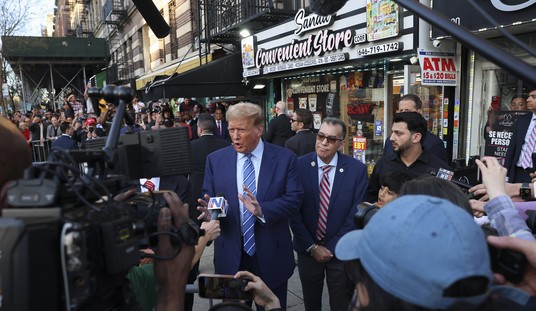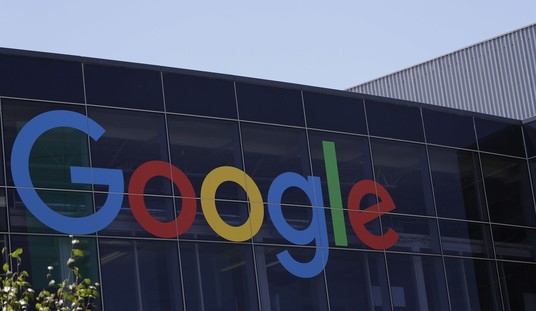What if Arizona's "racial profiling" law worked perfectly?
In other words, what if Arizona police were always right? What if they could take a look at someone and, using race or ethnicity as just one of many factors (no advocate of profiling has ever suggested that race be the sole criterion), could pick out illegal immigrants from the crowd every time? Would that make it OK?
The reason I ask is that, to listen to opponents of the law from the president on down, the chief objection is that legal immigrants and citizens will be mistakenly singled out by law enforcement.
Here's President Obama on the law's ramifications: "You can imagine, if you are a Hispanic-American in Arizona -- your great grandparents may have been there before Arizona was even a state. But now, suddenly, if you don't have your papers and you took your kid out to get ice cream, you're going to be harassed. That's something that could potentially happen. That's not the right way to go."

Never mind that this is a grotesque distortion of the law. Police have to have a reason other than suspicion of being an illegal immigrant -- a traffic violation, disorderly conduct, etc. -- to ask for your "papers" in the first place. Taking your kid to get ice cream isn't legal grounds for the cops to stop you.
But forget that. Aside from the concern that Hispanic-Americans buying ice cream will be harassed, the other main objection is that legal immigrants will need to carry their "papers."
As many others have observed, this is pretty thin gruel. Legal immigrants have been required under federal law to carry their papers for generations. If you're for that in theory but against it in practice, you're against enforcing any kind of immigration policy at all.
Which brings us back to racial profiling. Obama is just one of many leading liberals who favor affirmative action for certain groups. Their argument goes like this: Certain historically disadvantaged minorities such as blacks and Hispanics -- but not Asians or Jews -- need extra help in college admissions and in hiring. These preferred minorities can be sized up as deserving simply by looking at their skin color and maybe their last name.
Recommended
Liberals insist that in such cases race is just one factor among many, though studies suggest race is often the key factor since so many of these decisions are made at the margin.
In other words, when you have two equally qualified candidates, race trumps everything. In fact, often when you have two candidates and, say, the Asian kid is much more qualified, race still decides the issue.
Many have pointed out the inconsistency of conservatives who support law-enforcement profiling while opposing admissions quotas, and of liberals who support quotas but loathe profiling.
The problem is that the two positions aren't that analogous. Which brings us back to that Arizona ice cream parlor. In the president's (flawed) scenario, that hypothetical Hispanic citizen will be "harassed." What does that mean? It means he will be asked to prove his citizenship, which he will obviously be able to do. He won't be tried, convicted and deported; he will be inconvenienced. Indeed, under the more realistic scenario, he will be pulled over for a traffic violation and asked to offer his driver's license (his "papers"). And that will be it.
Meanwhile, imagine you're an American kid of Chinese ancestry. Given your SAT scores and GPA, you should be able to get into, say, the University of Michigan. But because of Michigan's race-based policies, you're turned down because you're not black or Hispanic. That's not just inconvenient, that's a lifetime loss. You'll never be able to go to that school. Period. Similarly, being turned down for a job you deserve because of your skin color is a real loss. Being questioned for a few minutes about your immigration status may be inconvenient, or even feel insulting. But, beyond ruining your day, you'll be fine.
Opponents of Arizona's law believe government officials -- i.e., cops -- lack the judgment to enforce Arizona's law. But at the same time, they believe other officials can make a snap judgment about who deserves a job or a superior education based on skin color.
Given this inconsistency, one has to wonder: Is the objection to the law that it won't work, or that it will?

























Join the conversation as a VIP Member